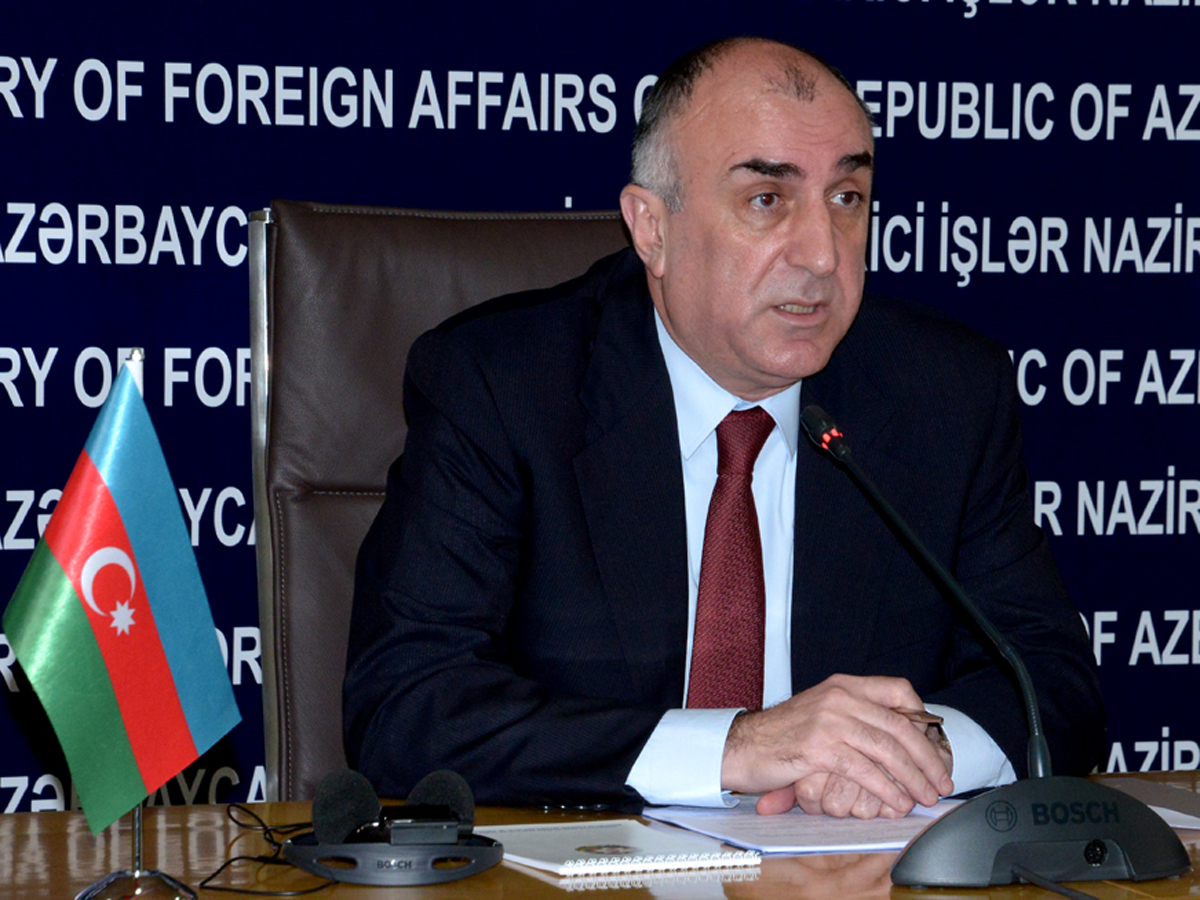Baku, Azerbaijan, Dec. 3
Trend:
Prevailing attempts to misuse the human dimension as a tool of pressure have only aggravated the crisis of trust within the OSCE, said Azerbaijan's Foreign Minister Elmar Mammadyarov.
He made the remarks at the OSCE Ministerial Council Dec. 3 in Belgrade, Serbia.
"The inherent balance of three dimensions of OSCE's comprehensive security is undermined today," the minister added.
He pointed out that ignorance towards violations of mandates and serious deficiencies in activities of the OSCE executive structures and field presences question their relevance.
If a participating state flags a serious violation of the mandate by an executive structure, such a case should be addressed and resolved for the interests of the OSCE, according to the minister.
"In this context, I would like to refer specifically to the situation emerged as a result of the refusal by the OSCE/ODIHR to cooperate with the participating state requesting its assistance with regard to the elections," he noted.
"Such a violation by the OSCE institution of its mandate cannot go without seriously undermining the prospects of our future cooperation with the ODIHR," said Mammadyarov.
"In this connection, we are of the strong view that this situation must be addressed and proper procedures should be put in place to prevent re-occurrence of such incidents in the future," he said. "I encourage the Ministerial Council to seriously consider the proposal put forward by our delegation."
Further, Mammadyarov noted that this year's Council is taking place in a time of serious threats to European security.
"The recent terrorist acts in Turkey and France, military occupation of the territories of the participating states and persistent IDP and refugee crisis continue to confront us," he said.
"There is a broad understanding that streamlining the work of the OSCE, as we mark the 40th anniversary of the ever-relevant Helsinki Final Act, requires more than just reaffirming the principles," said the foreign minister.
Mammadyarov pointed out that it should include practical measures to ensure that participating states strictly comply with their obligations and commitments.
"We believe that there is no contradiction or conflict between the principles, as some assert," he added.
The drafting history of the Final Act clearly demonstrates a consensus among the participating states on the need to put the obligation to refrain from the threat or use of force against territorial integrity and internationally recognized borders at the core of the comprehensive concept of security to maintain peace on the European continent, said the foreign minister.
"This remains the main thrust of the Final Act," he added.






